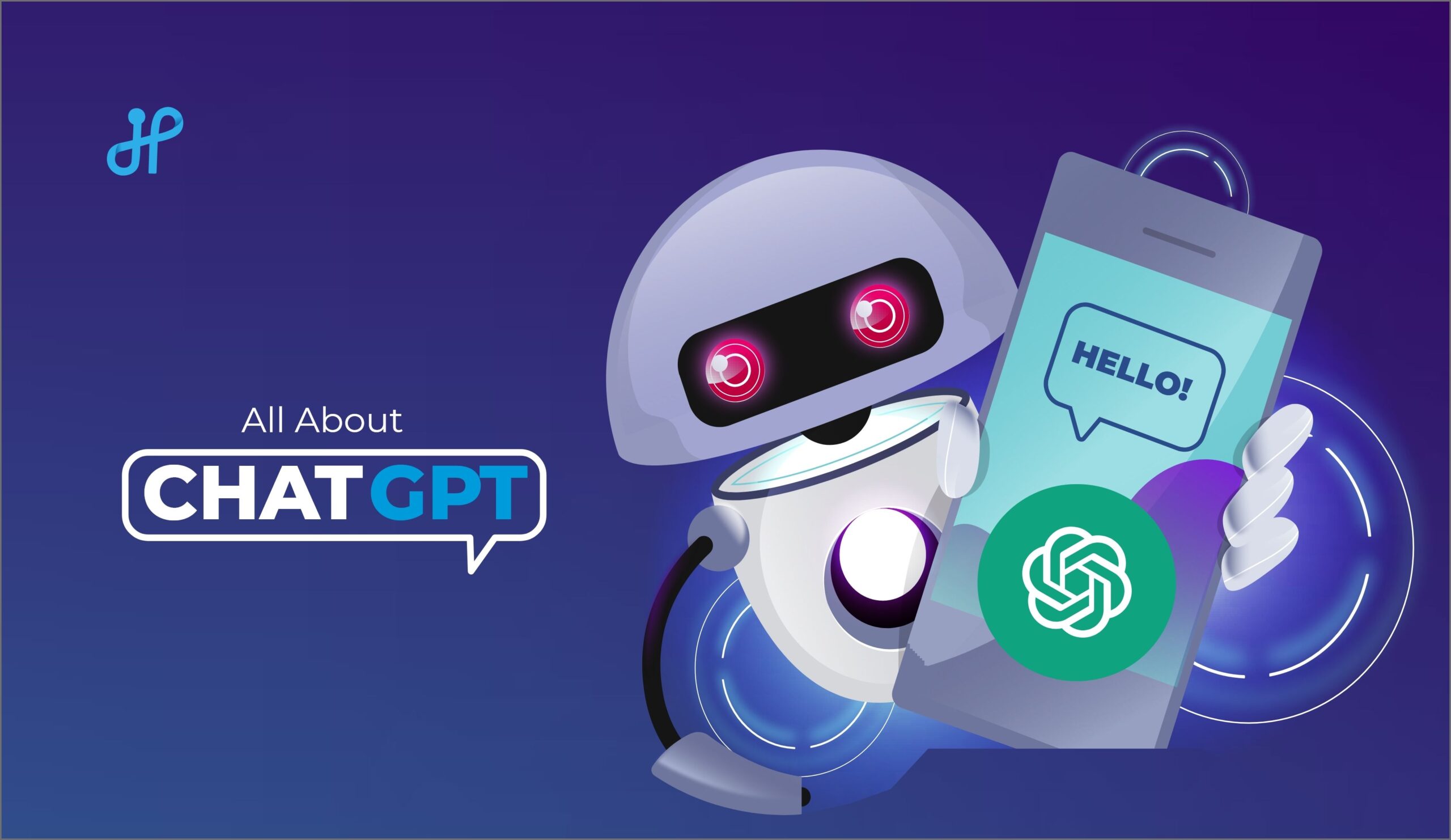OpenAI’s ChatGPT has become a significant force in the AI landscape, with its applications extending far beyond simple text generation. Here’s a deeper look at what this means for OpenAI, ChatGPT, and the broader AI industry:
Impact and Usage
Widespread Adoption:
- ChatGPT’s adoption is phenomenal, with over 92% of Fortune 500 companies integrating it for various tasks. This widespread use highlights its versatility and effectiveness in enhancing productivity across diverse industries.
Recent Developments and Features
Developer Conference and New Releases:
- At OpenAI’s first developer conference, OpenAI DevDay, significant updates were announced:
- GPT-4 Turbo: An enhanced version of GPT-4, offering more powerful language generation capabilities.
- Multimodal API: This allows for more complex interactions, enabling the model to process and generate both text and images.
- GPT Store: A platform for users to create and monetize custom versions of GPT, encouraging innovation and personalized applications.
Accessibility Enhancements:
- OpenAI has made GPT-4 accessible for free through Microsoft’s Bing Chat in various browsers, broadening its reach.
- Recent integrations with DALL-E 3 allow users to generate text and images within ChatGPT, enhancing its creative applications.
Leadership Challenges
CEO Turmoil:
- The firing and subsequent return of CEO Sam Altman created uncertainty about OpenAI’s direction. This instability could be leveraged by competitors to gain market share and attract investment.
Competitive Landscape
Emerging Rivals:
- Meta’s LLaMA Models: Meta’s large language models present a significant challenge, aiming to capitalize on any perceived instability within OpenAI.
- AI Startups: The industry’s dynamism means new entrants are constantly emerging, seeking to differentiate themselves through innovation and niche applications.
Future Prospects
Continued Investment:
- Despite leadership challenges, OpenAI continues to heavily invest in developing ChatGPT and expanding its capabilities, indicating a commitment to maintaining its market leadership.
Ethical Considerations:
- The “nefarious side” of ChatGPT refers to potential misuse, such as generating harmful content. OpenAI is likely to focus on strengthening its safeguards and ethical frameworks to mitigate these risks.
Strategic Moves
Internet Connectivity:
- Connecting ChatGPT to the internet for all users enhances its ability to provide up-to-date information, making it more useful and relevant in real-time scenarios.
Monetization and Customization:
- The GPT Store represents a strategic move to allow customization and monetization, empowering users to tailor the technology to specific needs and generating additional revenue streams for OpenAI.
Conclusion
The evolution of ChatGPT from a productivity tool to a multifaceted AI platform highlights OpenAI’s innovation and ambition. While leadership changes have introduced some uncertainty, the company’s ongoing developments and strategic initiatives position it strongly within the competitive AI landscape. As the industry grows, both established players like Meta and new startups will continue to challenge OpenAI, driving further advancements and applications of AI technologies.
